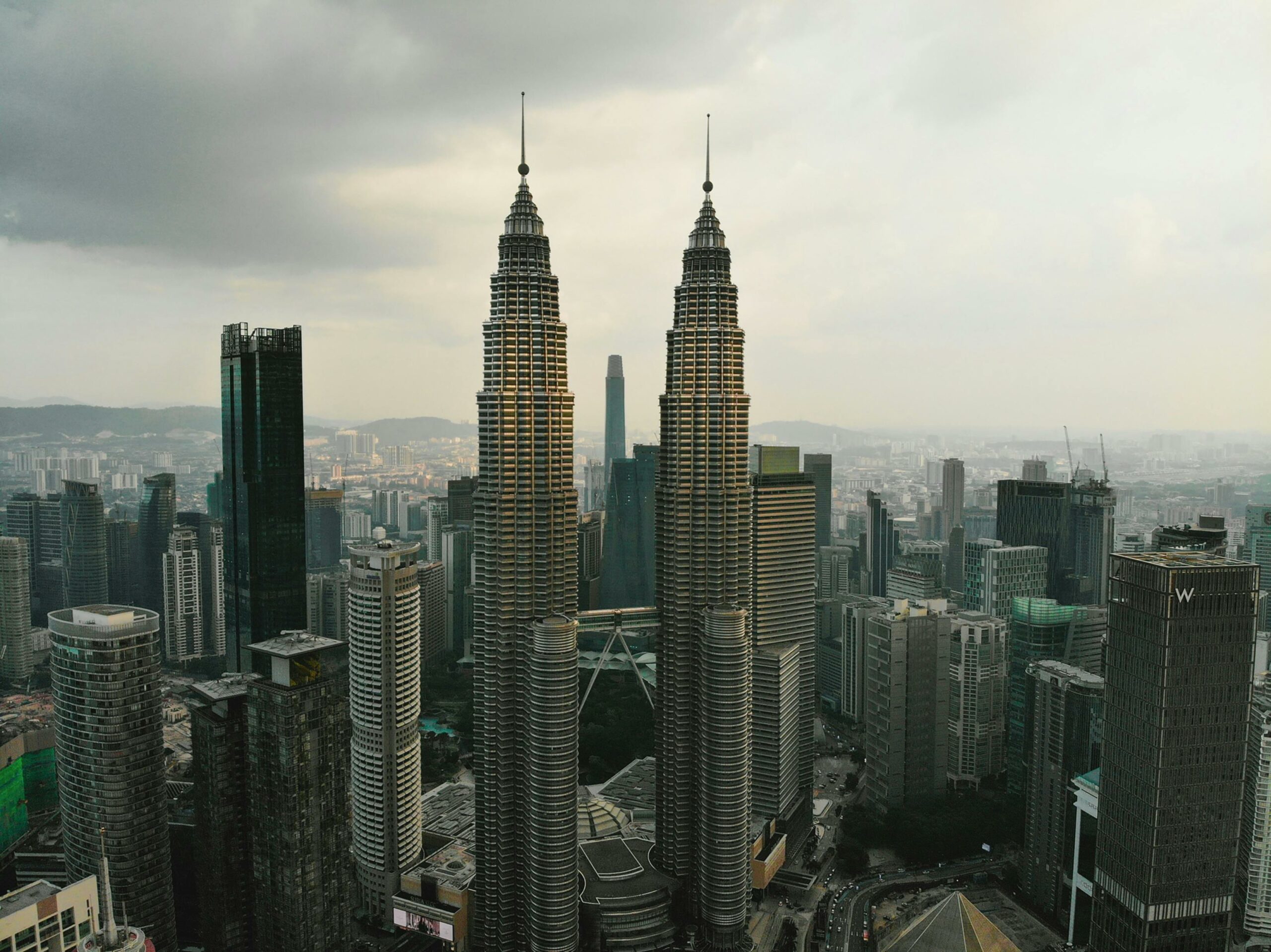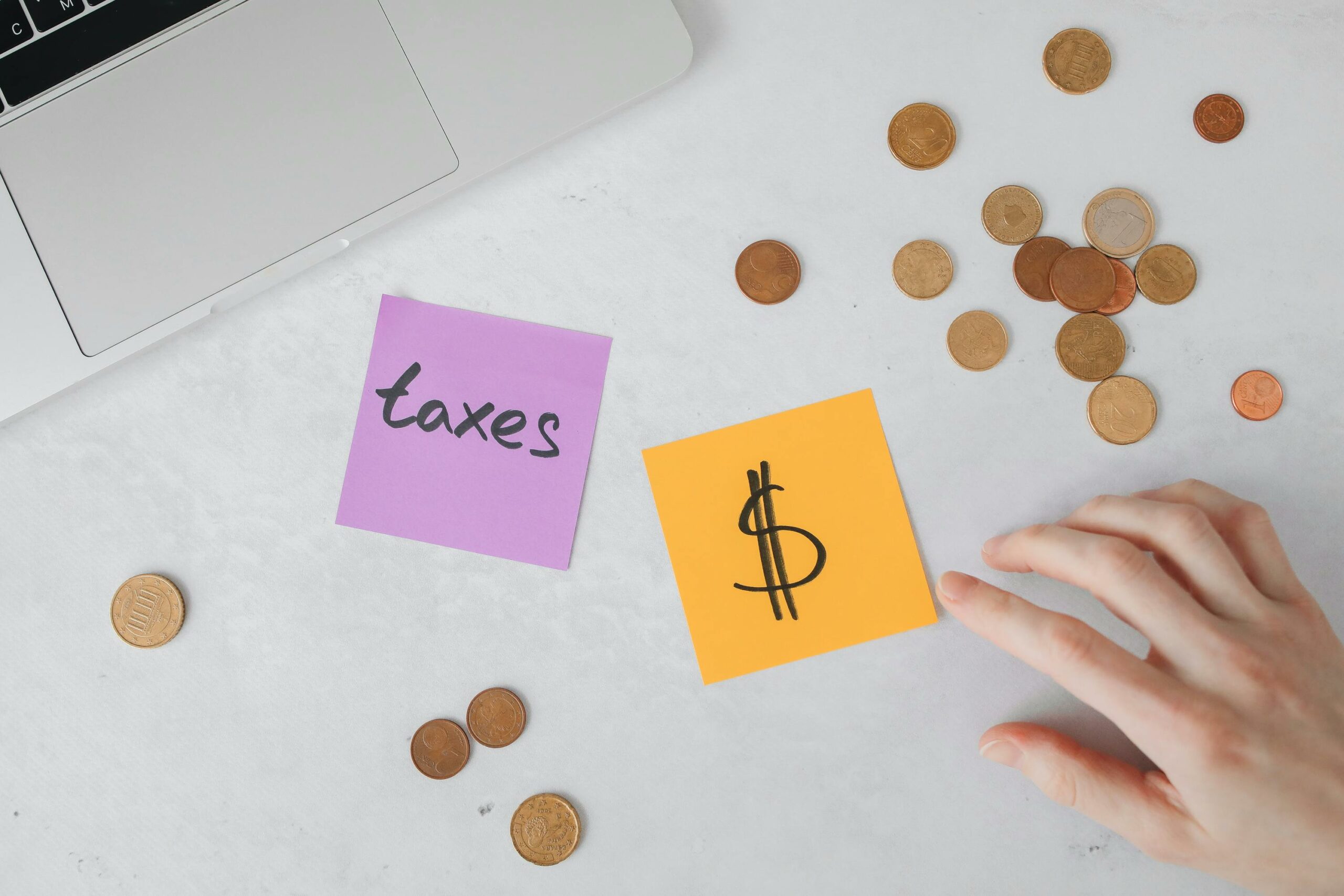BUDGET 2025 is a refreshing budget that appears to have hit the nail on the head. Despite the fact that our prime minister did not introduce any significant new taxes for 2025, the budget deficit is expected to come down from 4.3% of gross domestic product in 2024 to 3.8% in 2025.
This has been achieved through subsidy reduction in diesel of RM4 billion, electricity savings of a further RM4 billion, floating egg prices saving RM1.2 billion, coupled with an increased in tax collections by the Inland Revenue Board (IRB) the Royal Malaysian Customs Department and other agencies.
You have to take your hat off to the government for the surge in foreign direct investments (FDI) which have reached an approved inflow of RM329.5 billion. This is expected to continue in light of the US-China standoff where multinational corporations are relocating their supply chains to places such as Malaysia.
The other economic indicators such as unemployment at 3.2%, inflation at 2%, strengthening of the ringgit and increased revenues from government agencies highlighted above has provided the government room to expand the Budget to RM421 billion. This has helped the authorities deal with the inequality between the rich and the poor by increasing the cash handouts from RM10 billion in 2024 to RM13 billion in 2025 which will benefit 9 billion recipients.
Significant Tax Changes
A new personal tax relief has been introduced for first time homebuyers to obtain a deduction on housing loan interest incurred up to RM7,000 for a home valued up to RM500,000, or RM5,000 for a home valued between RM500,000 and RM750,000. This can be claimed for three consecutive years, provided the sale and purchase is completed between Jan 1, 2025 and Dec 31, 2027.
Relief on education and medical insurance has been increased from RM3,000 to RM4,000, medical relief which is now available up to RM10,000 has been extended to expenditure incurred for disease detection examination, purchase of disease detection kits and health screening equipment. The relief limit on treatment and rehabilitation programmes for children with learning disabilities such as autism has been increased from RM4,000 to RM6,000.
Relief for purchase of private retirement schemes and deferred annuities up to RM3,000 has been extended up to 2030. Relief for medical care for parents is now expanded to include grandparents. Relief for sports equipment has been extended to include parents. Tax relief for investment in National Education Savings Scheme (Simpan SSPN) has been extended for three years. The childcare allowance of RM3,000 has been extended to cover the care of parents and grandparents.
Individuals receiving dividends of more than RM100,000 from companies will now be subject to a 2% tax from 2025. This will not be applicable to profit distributions from Employees Provident Fund, Lembaga Tabung Angkatan Tentera, Amanah Saham Nasional Bhd or unit trusts. Since the category of recipients will be high net worth individuals, inevitably tax planning will kick in to avoid this tax.
Another important development will be the extension of the tax exemption on foreign sourced income received in Malaysia from 2026 to 2036.
The principal change in sales tax is the intention to levy sales tax on non-essential imported premium goods including high end food products which is expected to be implemented in May 2025. The scope of service tax will also be expanded to include commercial transactions such as fee based financial transactions. To discourage the consumption of sugar, excise duty on sugar has been increased from 50 sen a litre to 90 sen a litre.
The government intends to have a fresh look at the incentive framework where the focus will move away from incentivising specific products to high value-added activities. The focus will be on the electronics and electrical sector and strengthening the local supply chain and the ecosystem surrounding the supply chain. Effectively the intention here is to encourage multinationals and their suppliers to be given tax deductions for growing the local suppliers. On this front, the educational institutions developing new courses in the digital area will also be given special tax deductions.
Beyond Tax
The prime minister has to be commended for attacking red tape, wastage of government resources, corruption, cartel dominations and smuggling through the allocation of funds to Customs, Ministry of Domestic Trade and Industry, Malaysian Anti-Corruption Commission and Malaysia Competition Commission.
Overall, the Budget will help spur economic activity, deal with income inequality, attract FDI, and reduce leakages and corruption. Ultimately, Budget 2025’s test of success lies in the execution of the measures which requires the cooperation of the rakyat, the civil service, and the government.
This article is contributed by Thannees Tax Consulting Services Sdn Bhd managing director SM Thanneermalai (www.thannees.com).
The article was originaly published on the Sun Daily.
Photo by Polina Tankilevitch.

 5.0
5.0 


















